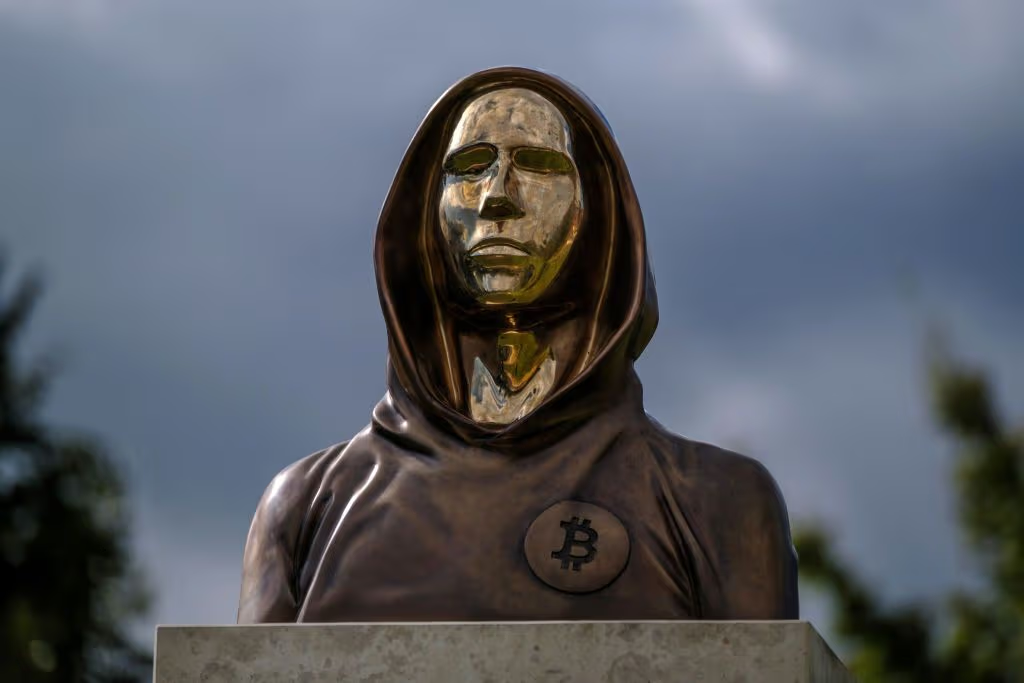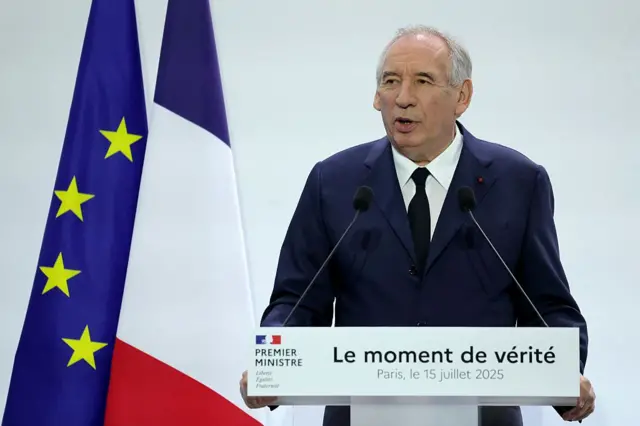Rio Brics Summit Faces Unity Test as Leaders Stay Away

Summary
Brics leaders gather in Brazil amid rising tensions. Expansion, key absences, and internal divisions threaten the bloc’s ability to form a unified front at this pivotal gathering.
🔍 Key Insights
- Uneven growth: Brics quickly grew from 5 to 11 members, raising coordination challenges between democracies and autocracies .
- High-profile no‑shows: Xi Jinping and Vladimir Putin are not attending in person—China sends Premier Li; Russia participates online amid legal complications .
- Contentious topics: States diverge on UN Security Council reform, positions on Gaza and Iran–Israel, and Africa’s claim to UN representation .
- India’s recalibration: India deepens ties with Western partners, signaling concern over authoritarian influence within Brics .
- Brazil steers neutral: Host Brazil emphasizes health, climate, AI, and vaccine collaboration—tactfully avoiding geopolitical flashpoints .
- Strategic stakes: Although representing a significant share of global population and GDP, internal fragmentation may limit Brics’ ability to shape global governance .
Conclusion:
Brics’ transformation into a global powerhouse hits a stumbling block in Rio. Expansion has amplified fault lines, leader absences question commitment, and alignment remains fragile. Brazil’s pragmatic agenda may restore focus—but the bloc’s ability to evolve hinges on its capacity to overcome internal discord.





